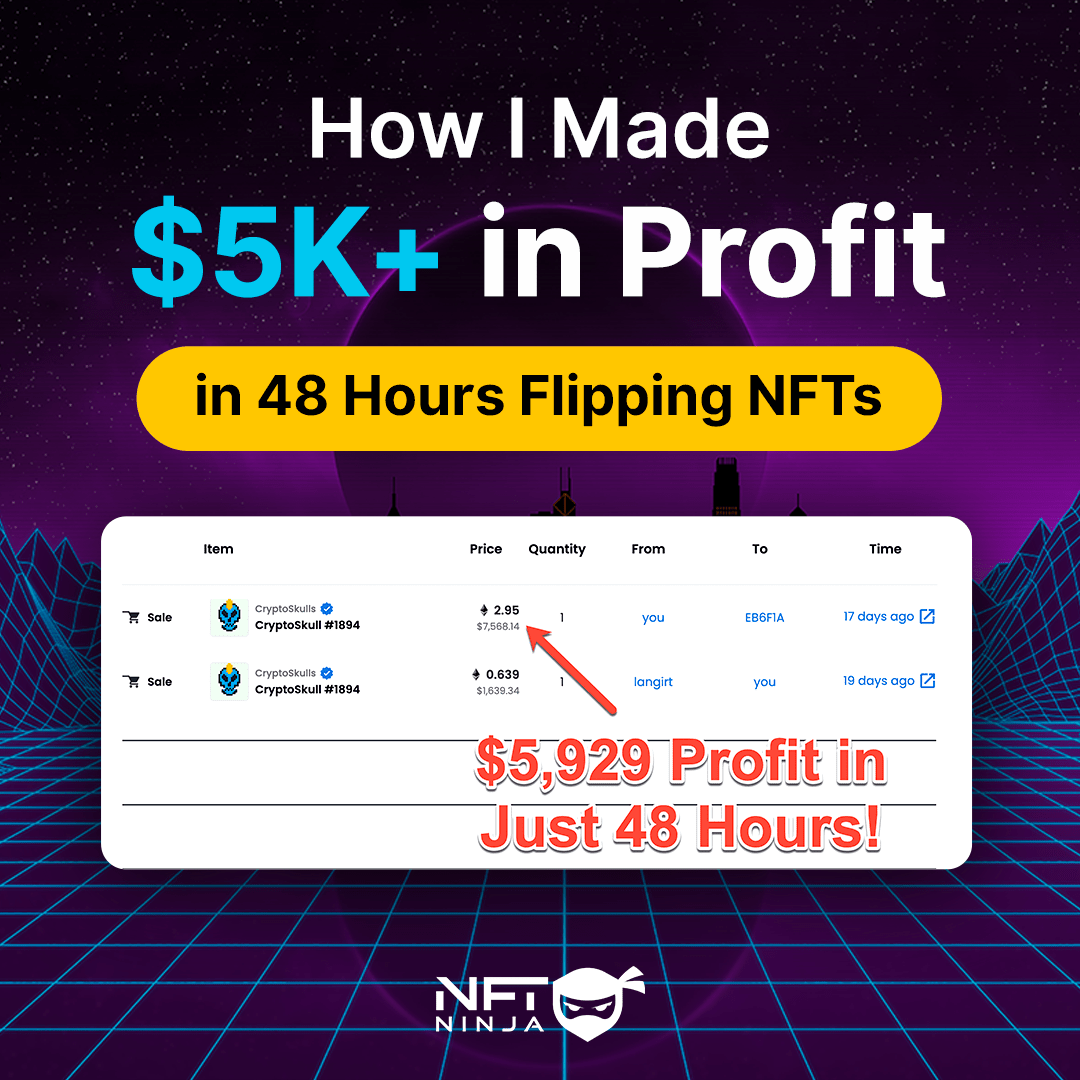Boosting AI Capabilities
OpenAI introduces an array of innovative developments, including the upgraded GPT-4 Turbo preview model and a price reduction for the GPT-3.5 Turbo Application Programming Interface (API) access. Additionally, new features for API key management and usage tracking are introduced.
GPT-4 Turbo: Enhanced Performance
OpenAI’s latest release, the updated GPT-4 Turbo, demonstrates significant improvements, particularly in tasks like code generation. This upgraded model aims to minimize instances of “laziness,” ensuring more reliable task completion.
GPT-3.5 Turbo: Affordable AI Access
OpenAI introduces the GPT-3.5 Turbo model, gpt-3.5-turbo-0125, along with a substantial price reduction, marking the third reduction in the past year. Input prices for the new model are slashed by 50% to $0.0005 per thousand tokens, while output prices see a 25% reduction to $0.0015 per thousand tokens. These adjustments are made to facilitate scalability for OpenAI’s customers.
Addressing User Concerns
Following user complaints in December 2023 regarding ChatGPT’s reluctance to accept tasks, OpenAI emphasizes the superiority of GPT-4 Turbo. While GPT-4 users, relying on data up to September 2021, may still encounter occasional issues, GPT-4 Turbo benefits from training on data as recent as April 2023, enhancing its performance and responsiveness.
Introducing Embeddings
OpenAI introduces embeddings, smaller AI models that facilitate content understanding and connections. Embeddings are sequences of numbers that represent concepts in language or code. They serve as AI tools that aid computers in processing written text more effectively, translating human language into a format understandable by machines.
Retrieval-Augmented Generation
A new AI approach known as retrieval-augmented generation is introduced. This technique enhances response accuracy and relevance by allowing AI systems to quickly access reference materials instead of generating responses from scratch. It’s akin to having an AI that can consult a reference book for answers, resulting in more precise interactions.
Smarter and Efficient Models
OpenAI offers two new models, “text-embedding-3-small” and “text-embedding-3-large,” which leverage embeddings. The “small” and “large” labels indicate the model’s capacity, with the larger version being more advanced. These models enable applications to retrieve and utilize information efficiently, making interactions with AI systems more accurate and valuable.
Competing AI Models
OpenAI’s GPT-4 faces competition from AI models like Google’s Gemini, particularly in advanced math and specialized coding tasks. While Gemini showcased its prowess, some argue that comparing the advanced version of Gemini with GPT-4 Turbo could yield different results.
Monetizing Personalized AI
OpenAI has plans to enable creators of GPT models to monetize their personalized AI systems. Compensation will be based on user engagement with their GPTs, with initial availability for users on paid ChatGPT plans.
Introducing two more model updates:
• Updated GPT-4 Turbo preview, completing tasks like code generation more thoroughly and fixes a bug with UTF-8 encoding
• New GPT-3.5 Turbo next week, with input prices reduced by 50% and output prices reduced by 25%https://t.co/mNGcmLLJA8— OpenAI Developers (@OpenAIDevs) January 25, 2024


















